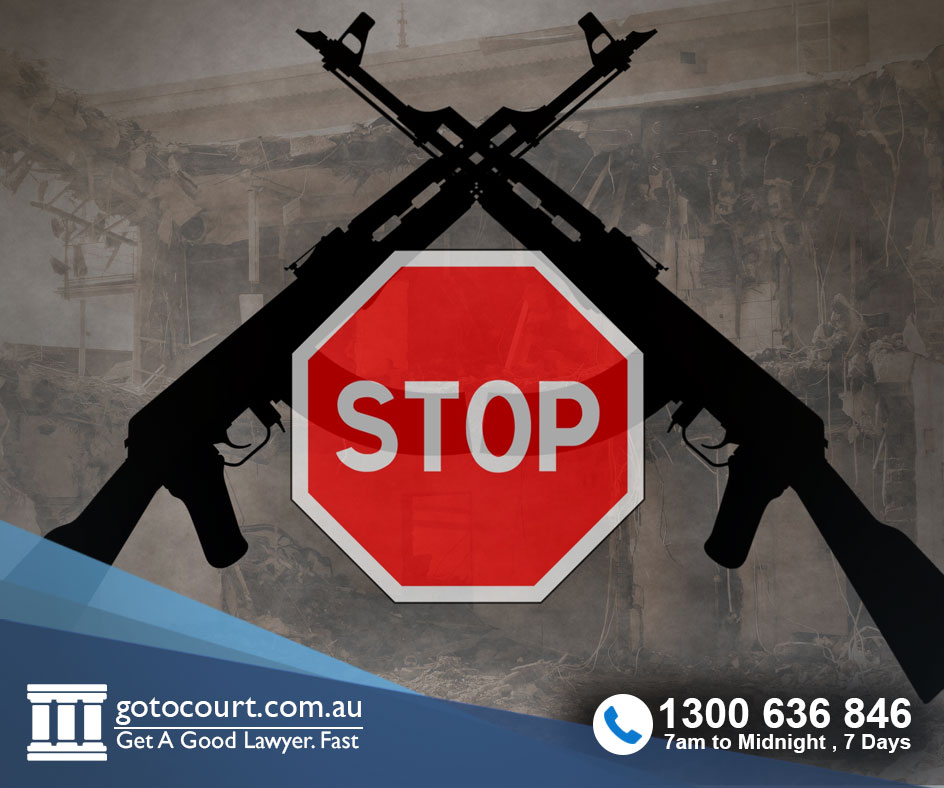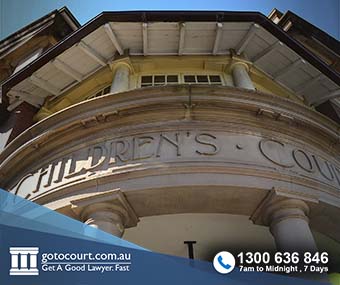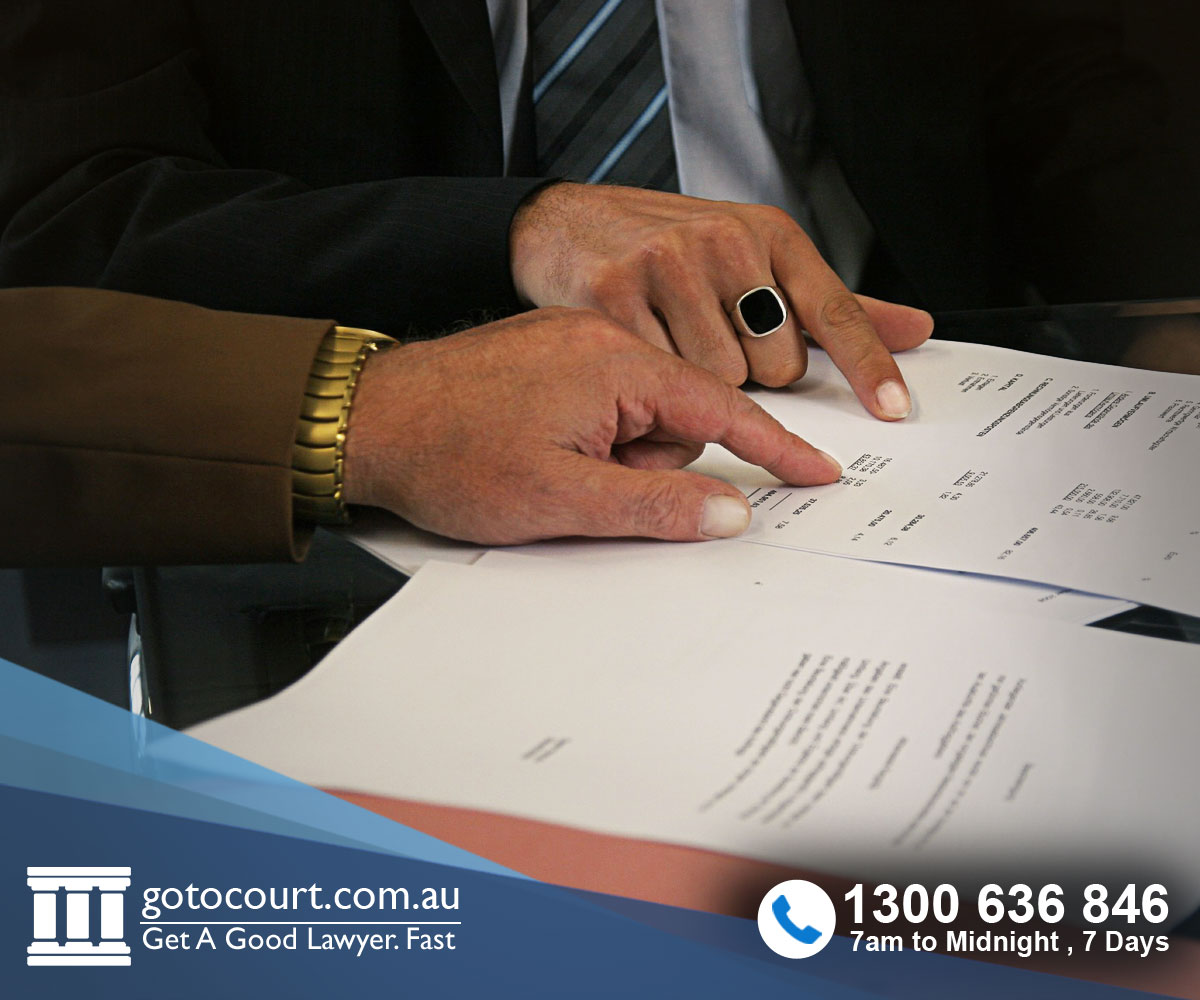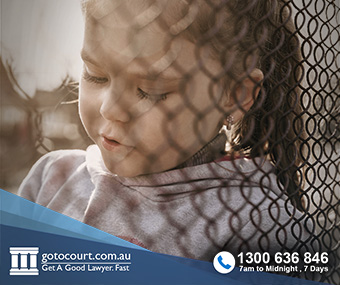Call our lawyers
now
or,
have our lawyers
call you
Commonwealth Bail Applications
Updated on Nov 03, 2022 • 4 min read • 940 views • Copy Link
Commonwealth Bail Applications
In Australia when a person is arrested for an offence, regardless of whether they are arrested for a state offence or for a Commonwealth offence, the police responsible for the arrest must consider whether or not to grant the person bail. If the police decide not to grant bail, then the defendant has the right to be brought before the court as soon as possible to make a bail application. If bail is granted (either by the police or by the court) then the defendant can be released from custody with certain conditions on their conduct or behaviour.
There may also be conditions regarding the lodging of money or security to help ensure that the defendant comes to court on a later date for the charges to be heard. Before being released, a bail undertaking will be signed by the defendant. The bail undertaking, sometimes known as a bail bond, is a promise to comply with the conditions of the bail. If the defendant does not comply with the conditions of bail then the bail is revoked and the defendant is brought back before the court.
Types of Commonwealth offences in which bail may be required
Commonwealth offences are offences against any of the laws made by the federal government under its authority to legislate under the Constitution. These laws cover matters such as frauds against social security, Medicare and tax; people smuggling and trafficking offences (including sexual servitude and slavery matters); drug importations; money laundering; offences against corporate laws and terrorism offences. Some of these offences are investigated by the police, and some are investigated by authorised persons within the Commonwealth government department.
Legislation governing Commonwealth bail applications
Under section 80 of the Australian Constitution if a person is charged with a federal indictable offence then the trial of the matter is to be held in the state that the offence was committed in. Under Section 68 of the Judiciary Act 1903 bail applications for Commonwealth offences are to be dealt with according to the bail procedure of the state where the offence was committed. Therefore, other than certain considerations set out in the Crimes Act 1914, the laws that apply to bail applications for Commonwealth offences are those in the various bail acts for each state, namely the Bail Act 2013 (NSW) , the Bail Act 1977 (Vic) , the Bail Act 1980 (Qld), the Bail Act 1994 (Tas), the Bail Act 1985 (SA), the Bail Act 1982 (WA) and the Bail Act (NT).
Commonwealth offences where bail should be refused
Despite what the state laws regarding bail might be, for some Commonwealth offences it is presumed that bail should not to be granted unless the person hearing the bail application considers that there are circumstances that are so exceptional that it should be granted. These offences include certain treason and terrorism offences, large drug importation or exportation matters, and offences where the defendant’s deliberate or reckless actions caused or could have caused the death of a person or persons. If bail is granted for one of these offences then the Commonwealth Director of Public Prosecutions can appeal against that grant of bail and the bail will be stayed. The stay means that the defendant will not be able to be released on bail. The stay is in force for up to three days to allow for an appeal against the granting of bail to be filed by the police.
Matters to be considered when granting bail
There are some matters that a person hearing the bail application (often referred to as the “bail justice”) must consider when granting bail for a Commonwealth offence, even if they do not have to be consider under the relevant state law. Before granting bail, the bail justice must consider the potential effect of the granting of bail on any victims of the offences, or any witnesses to the offences. The bail justice must also not allow any form of customary law or cultural practice to be used as a reason for justifying, excusing, authorising, or requiring the crime to be committed. These laws and practices may also not be used as an excuse to lessen the seriousness of the crime other than in certain circumstances.
If you require legal advice or representation in any legal matter, please contact Go To Court Lawyers.

Affordable Lawyers
Our Go To Court Lawyers will assist you in all areas of law. We specialise in providing legal advice urgently – at the time when you need it most. If you need a lawyer right now, today, we can help you – no matter where you are in Australia.How It Works







1. You speak directly to a lawyer
When you call the Go To Court Legal Hotline, you will be connected directly to a lawyer, every time.


2. Get your legal situation assessed
We determine the best way forward in your legal matter, free of charge. If you want to go ahead and book a face-to-face appointment, we will connect you with a specialist in your local area.


3. We arrange everything as needed
If you want to go ahead and book a fact-to-face appointment, we will connect you with a specialist in your local area no matter where you are and even at very short notice.




















